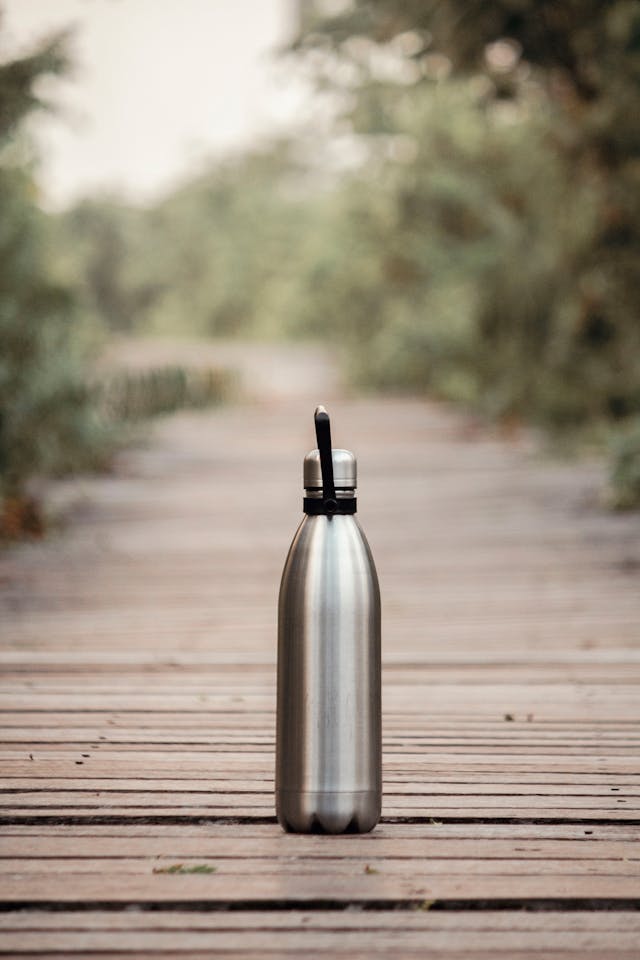Staying hydrated is essential for maintaining good health, boosting energy levels, helping regulate body temperature and supporting cognitive functions. But what’s less commonly known is how water intake can influence your hearing health.
Your ears, like every other part of your body, rely on adequate hydration to operate at their best. Exploring this link reveals how simple habits like drinking water can benefit both your body and your ears.
What Happens to Your Body When You’re Dehydrated
Water is the foundation of numerous biological processes. It promotes healthy blood flow, cushions joints, keeps tissues supple, controls internal temperature and plays a crucial role in flushing toxins from the body. When you’re not drinking enough fluids, it can trigger symptoms such as low energy, dizziness and headaches.
When core systems are stressed, your sensory functions, including hearing, can also be compromised.
The Connection Between Fluid Levels and Hearing

Inside your ears lies the cochlea, a spiral-shaped organ filled with fluid. This fluid is responsible for transmitting sound waves to the nerves that carry auditory signals to the brain. If your body is short on water, it may conserve fluids by drawing from areas like the inner ear, disrupting this delicate process.
This imbalance can result in auditory disturbances, such as:
- Sensations of pressure or fullness in the ears
- Difficulty hearing or temporary hearing loss
- Tinnitus
- Issues with balance or dizziness, since the inner ear is vital to your equilibrium
People may notice these symptoms after activities or conditions that promote fluid loss, such as working out at places like Cascade Park, battling an illness or spending time in hot environments.
Easy Ways to Support Your Hearing with Hydration
The good news? Preventing hearing-related symptoms linked to dehydration is straightforward. Consistent water intake helps maintain the balance of fluids in your ears, preserving your ability to hear clearly and stay balanced.
To stay well-hydrated and support your hearing:
- Aim for at least eight glasses of water per day and more if you’re active or sweating
- Cut back on beverages that lead to fluid loss, like alcohol and caffeinated drinks
- Choose snacks and meals that include hydrating foods such as watermelon, cucumbers, strawberries and leafy greens
- Be alert to early signs of dehydration, like dry mouth, fatigue or dizziness
If you start to notice unusual hearing symptoms, especially during warmer weather or when you’re under the weather, it’s worth reviewing your hydration habits. Drinking more water is a simple yet powerful step toward protecting your hearing.
For more information on hearing health or to book a hearing evaluation for yourself or a loved one, reach out to Bangor Audiology today.